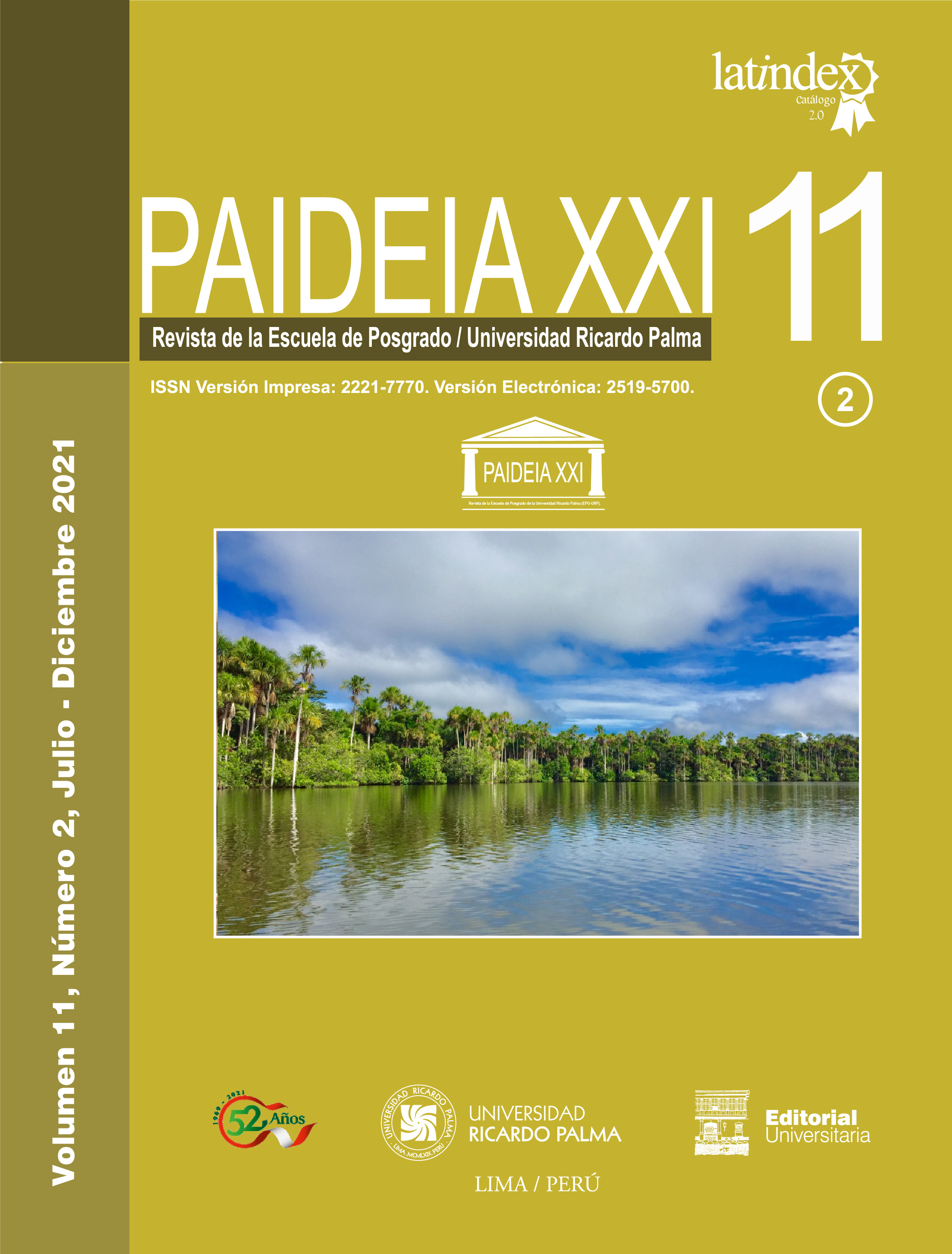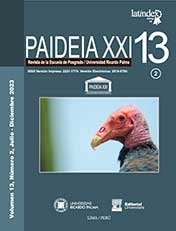APPLICATION OF EFFICIENT MICROORGANISMS IN THE DECOMPOSITION OF AFRICAN PALM RESIDUES (ELAEIS GUINEENSIS JACQ. 1897) FOR THE PRODUCTION OF COMPOST
DOI:
https://doi.org/10.31381/paideia.v11i2.4085Abstract
Oil palm (Elaeis guineensis Jacq. 1897) is a crop that produces the most signifi cant amount of oil in the world. During the crude palm oil extraction process, tons of waste is generated, such as rachis, fi ber, and mud, that can be used for the production of organic matter and used as organic fertilizer. Thus, the objective of the present investigation was to evaluate the effect of the application of effi cient microorganisms (ME) in the decomposition of African palm residues (mud, fi ber, and rachis) for the compost elaboration. For the compost elaboration, six treatments were established (spines with effi cient microorganisms, spines without effi cient microorganisms, fi ber with effi cient microorganisms, fiber without efficient microorganisms, sludge with efficient microorganisms, and sludge without efficient microorganisms), with three repetitions for each one, in a completely random design. The following variables were analyzed: pH, temperature, humidity, and the nutritional content of each compost made. Higher nutrient concentrations were found in compost made with ME sludge, determining that bacteria play an important role in decomposition with a high rate of organic degradation in composting.
Keywords: biofertilizer – fiber – microorganisms – rachis – slurry












